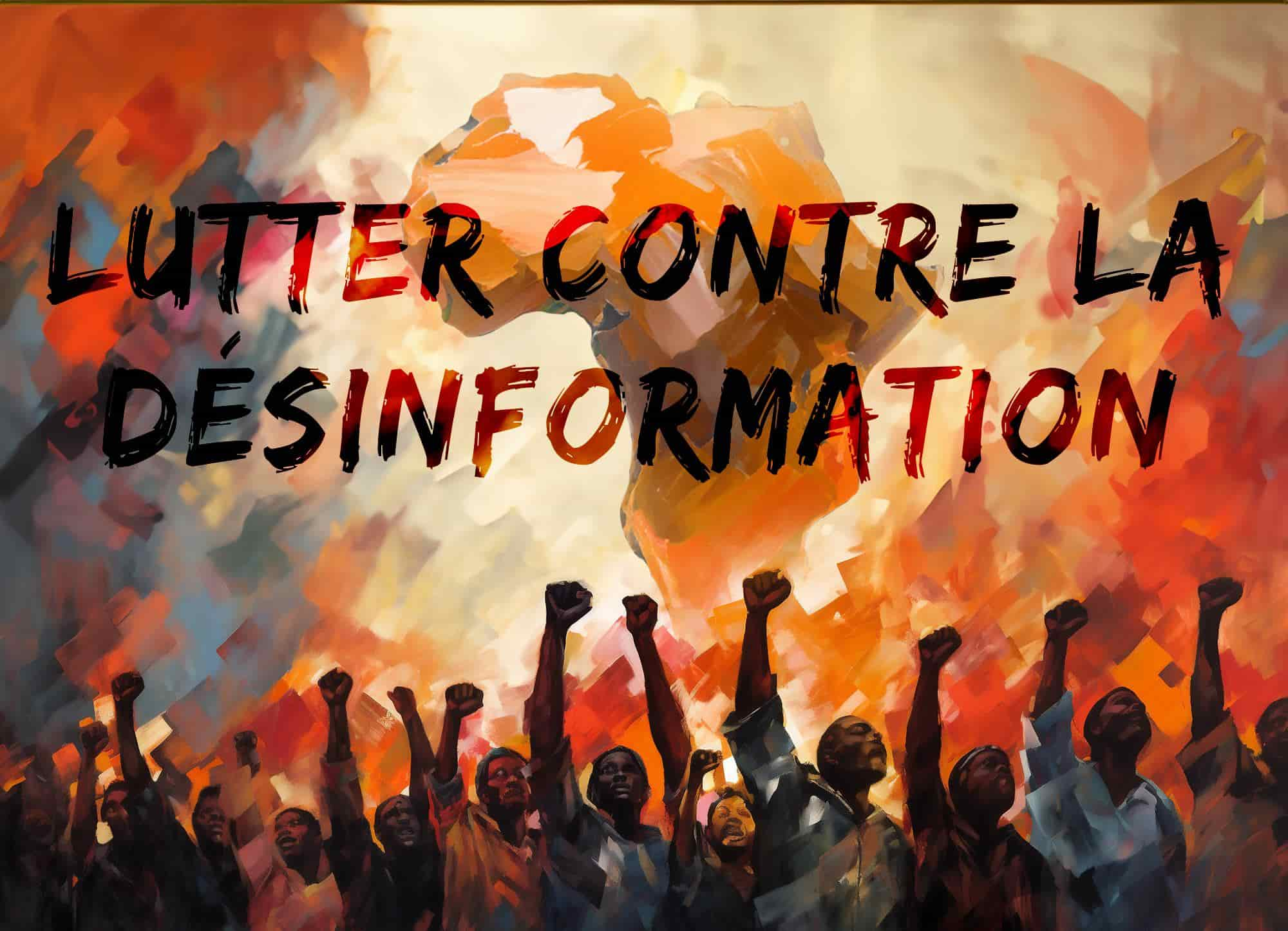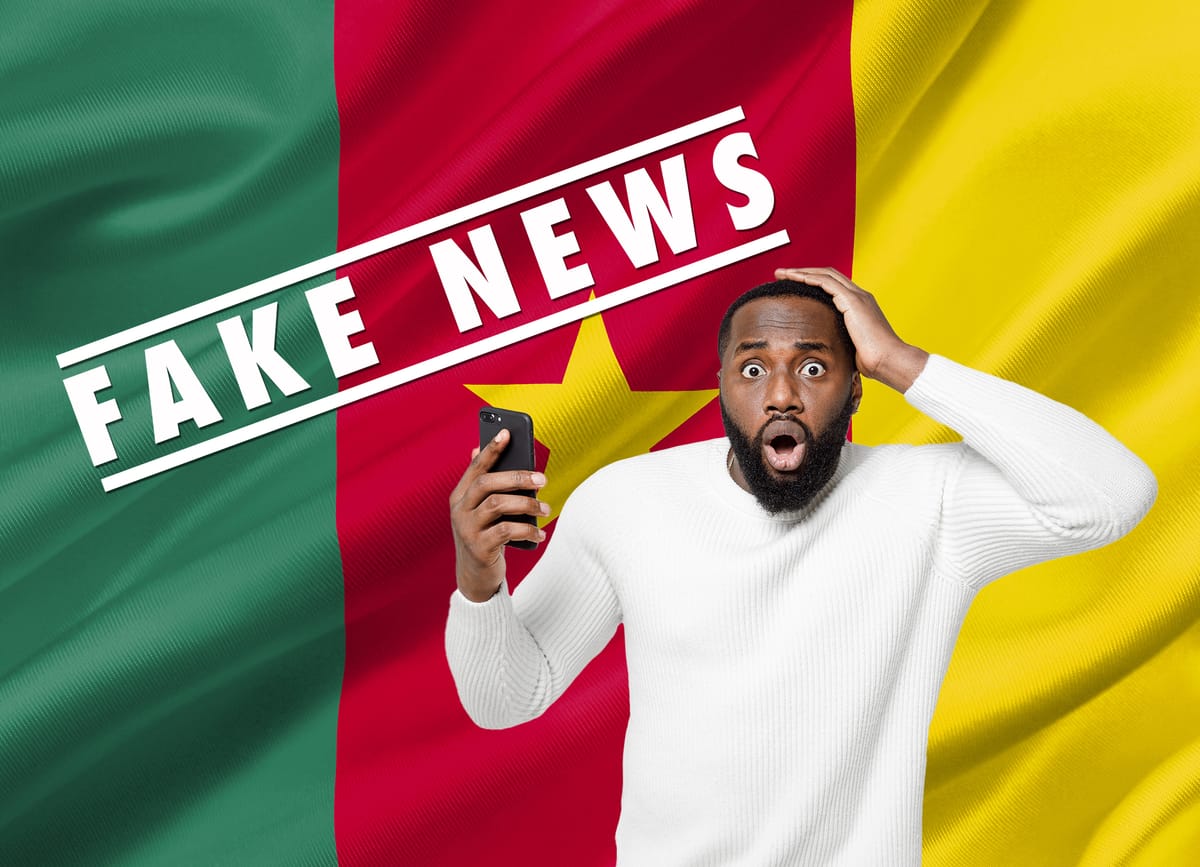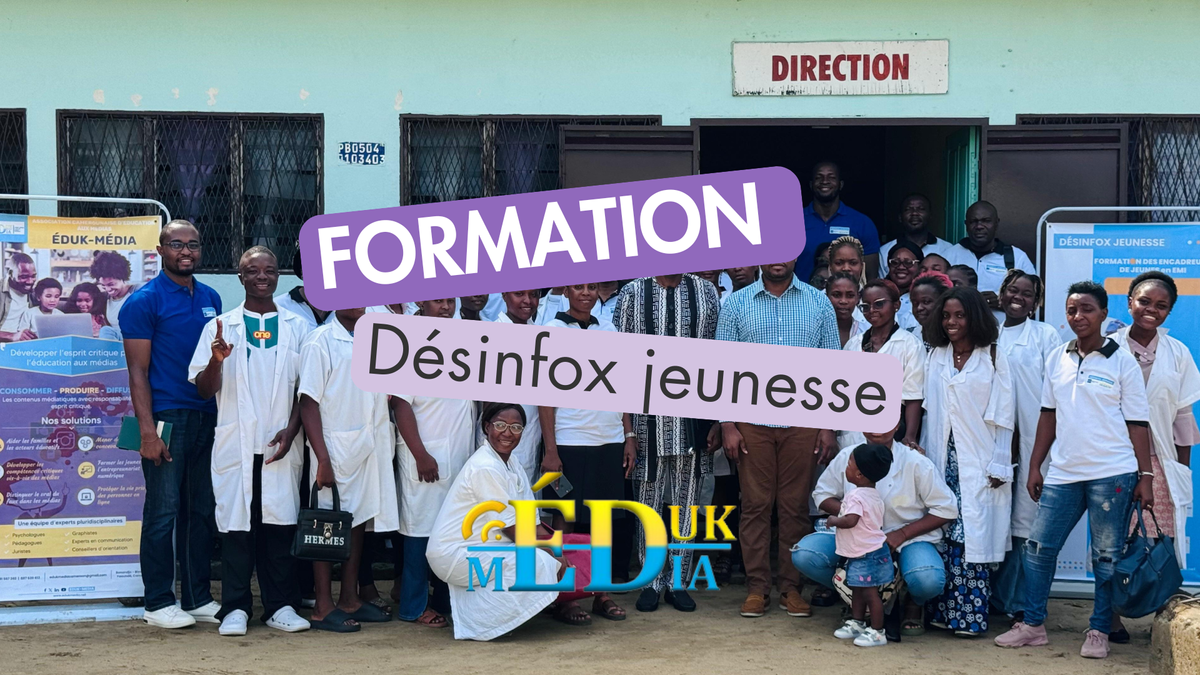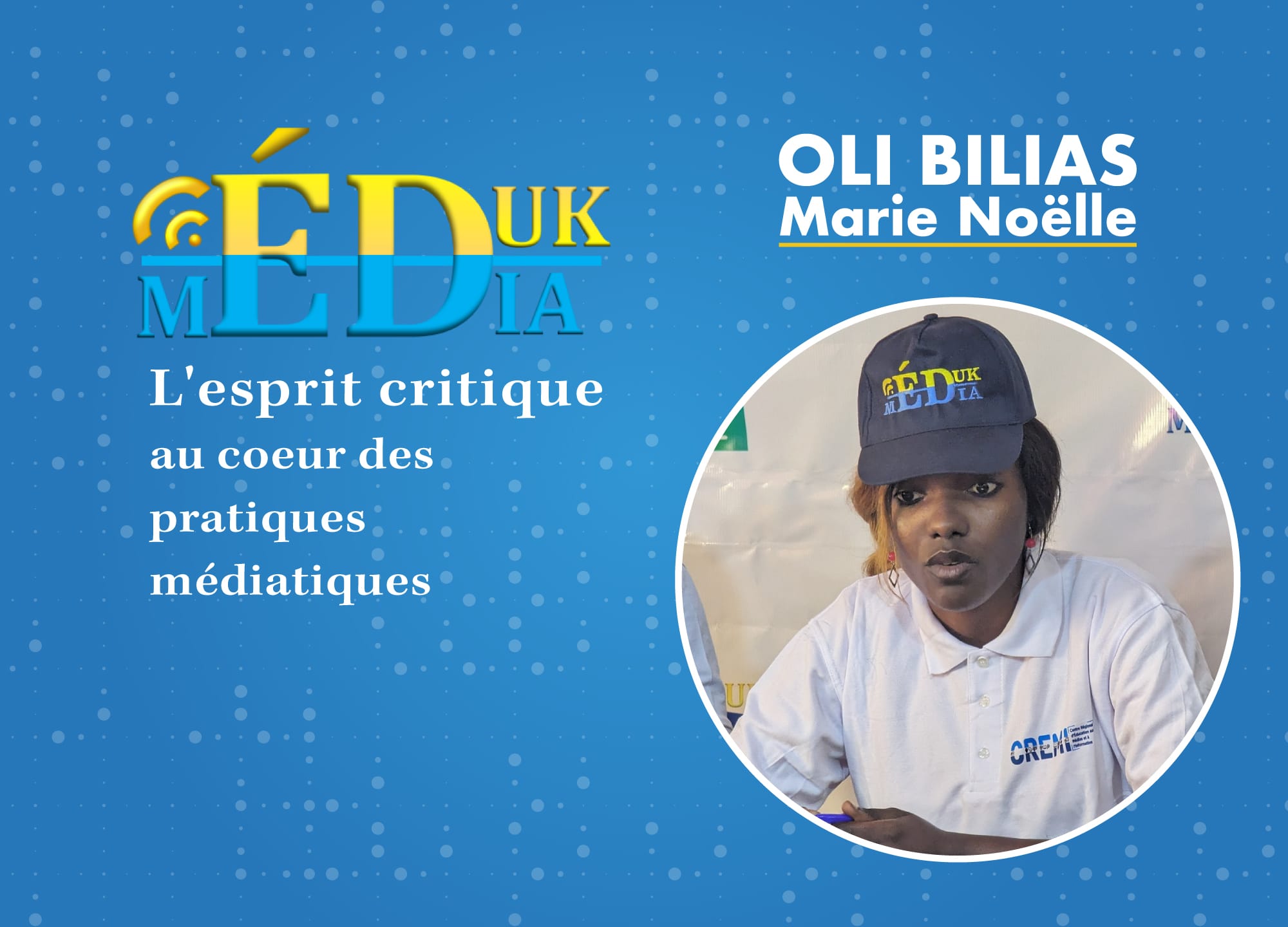"... Awaken critical thinking in the media practices of Cameroonians ..."
This is the objective given by the Eduk Médias Cameroon , through its training program for trainers for media supervision in the country. While initiatives are already underway in several regions, Marie-Noëlle Oli , trainer and supervisor within the organization, strong of solid expertise in fact-checking , agreed to share with us the vision and the ambitions of its organization, which aspires to expand its impact beyond national borders.
Christian Essimi: You have just kept Yaoundé a activity relating to the training of trainers to supervise the media. What approach does such an initiative do?
Marie-Noëlle Oli: The dynamics of stimulating training activities intended for trainers is born from the need to resolve the deficiency of experts in EMI/seasoned trainer in EMI increasingly protruding in Cameroonian territory. This initiative, driven thanks to a partnership tied with CFI Médias Development as part of the Deinfox Jeunesse project, aims to fight against the phenomenon of disinformation in a young environment and to get there, to train the supervisors of these young people (apps, CMPJ, CPFF) turned out to be a judicious gateway. The training, delivered for 3 days, made it possible to recycle them on the theoretical and methodological level and the results observed are simply appreciable because thousands of young people are being aware and adequately trained through this informational disorder.

What justifies the holding of such an activity oriented towards young people? What supervisors are concerned?
Marie-Noëlle Oli: The initiative to undertake actions to combat disinformation derives its genesis from the fact that this scourge is experiencing a strong audience by means of the media. These media which regardless of their plurality, find a more fertile category (social networks) to its rapid spread. And given the fact that these social networks are very pleasant from the point of view of features, design, etc. Educating by the way is imperative, especially when you know that young people who are very fond of them do not have enough weapons to recognize it, warn it and even make it adequately. So go through their managers or supervisors so that these teachings come to them as a scent of good smell was the strategy to adopt to overcome the problems of absence of EMI relays in the field and facilitate the echo of these lessons.
Is this education restricted only to young people? Is it a vocation to expand in the direction of other targets? If so which ones?
Marie-Noëlle Oli: Media and information education in abbreviated EMI is open to all targets regardless of their singularities. They are all at a time when to another consumers, producing and diffuses of information. And in this logic, an understanding of the media and informational universe is essential to avoid being victim of the flaws which are there, among which, information disorders but also and above all fully exercise their citizenship cyber.
What is the objective that will be pursued in this case?
Marie-Noëlle Oli: It will simply be a question of giving all the weapons necessary for these targets so that they are no longer victims of this constantly dynamic ecosystem and contribute to the development of our democratic societies through consumption and more citizen use of the latter (the media).

When we talk about media education, what are we concretely alluding to?
Marie-Noëlle Oli: Media and information education refers to a pedagogy within which the media themselves constitute the object of learning (Piette 2006). Also the EMI is approached as a "pedagogy of question" aimed at developing the habits, skills and knowledge required for understanding media messages as well as production and navigation in a supersaturated digital environment (Macdonald, 2008).
What results do you hope to arrive in a country like Cameroon?
Marie-Noëlle Oli: We hope to awaken the critical thinking in the media practices of all Cameroonians so that they no longer undergo the media and see in them a real opportunity for development.
What are your future projects in the field for the year that started?
Marie-Noëlle Oli: Current challenges revolve around the integration of this media and information education in Cameroonian educational programs and the institutionalization of an approved center for training trainers in the field on a regional scale (Central Africa).
Interview by Christian Essimi








